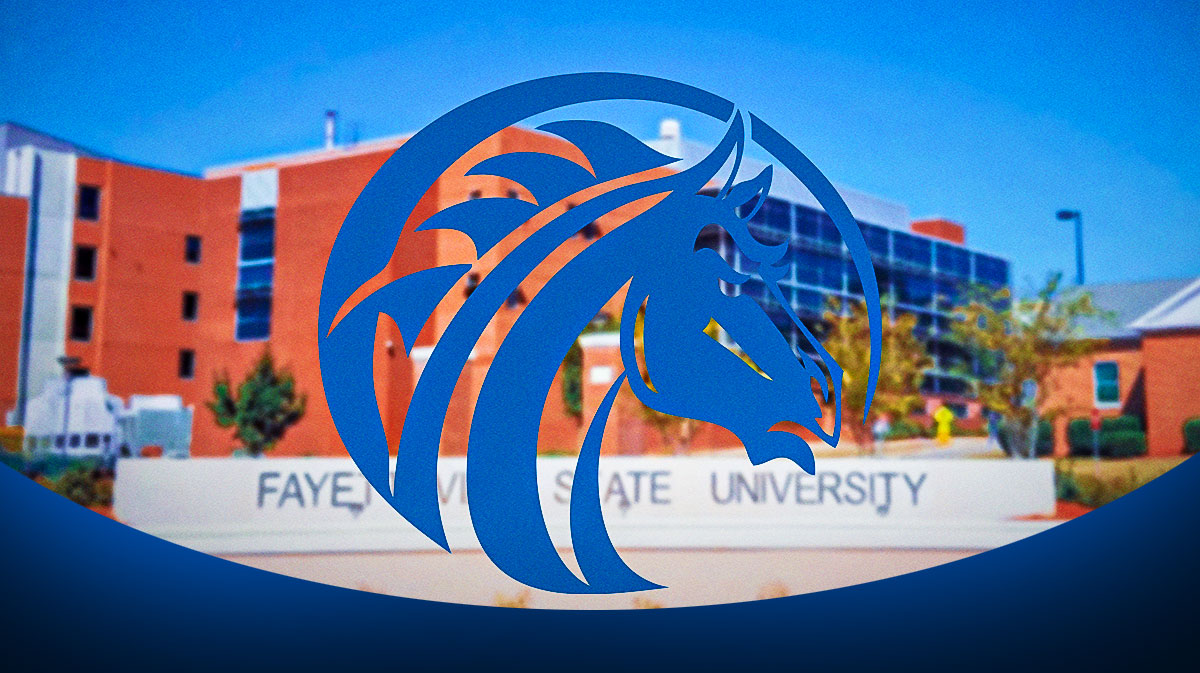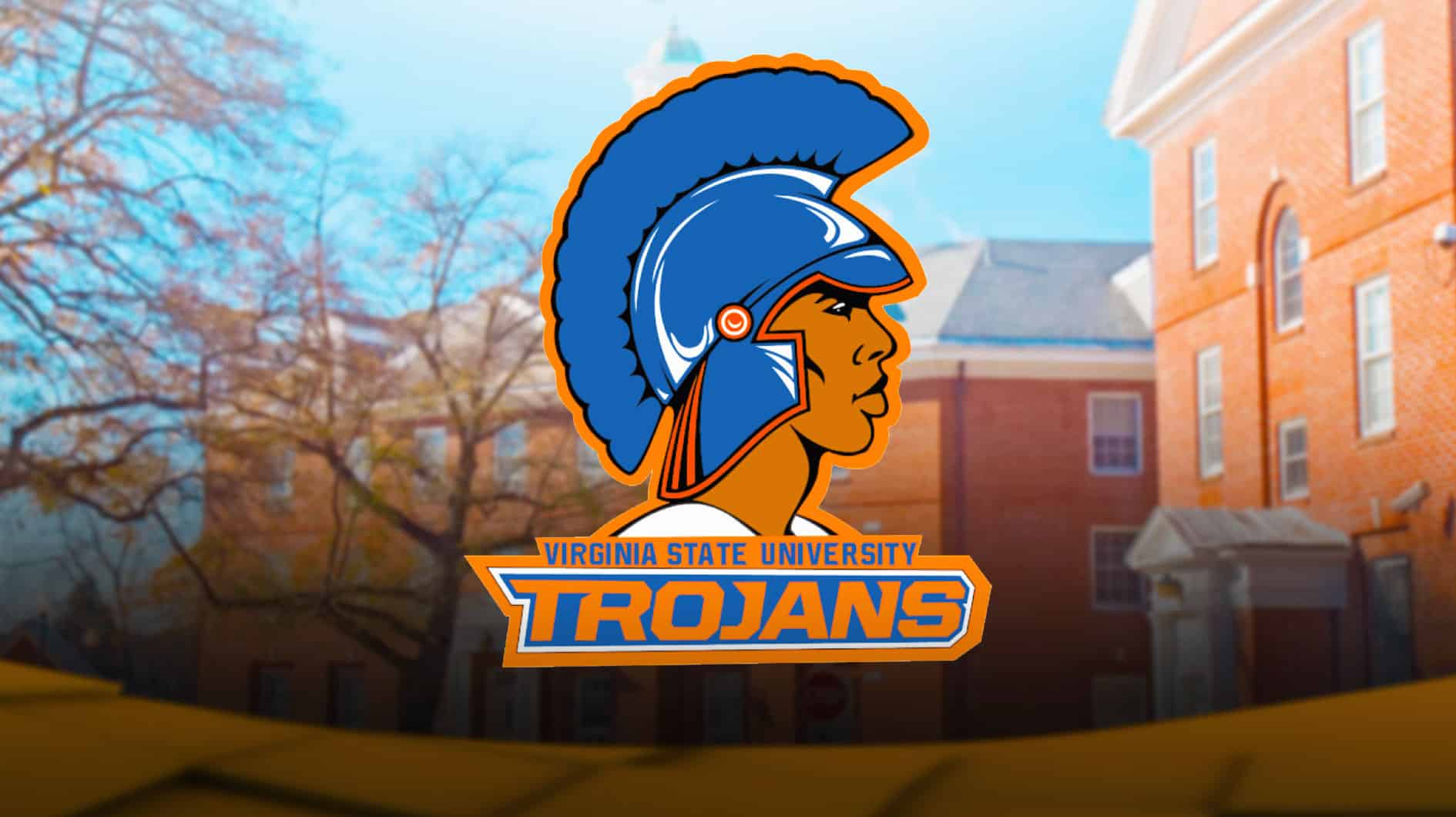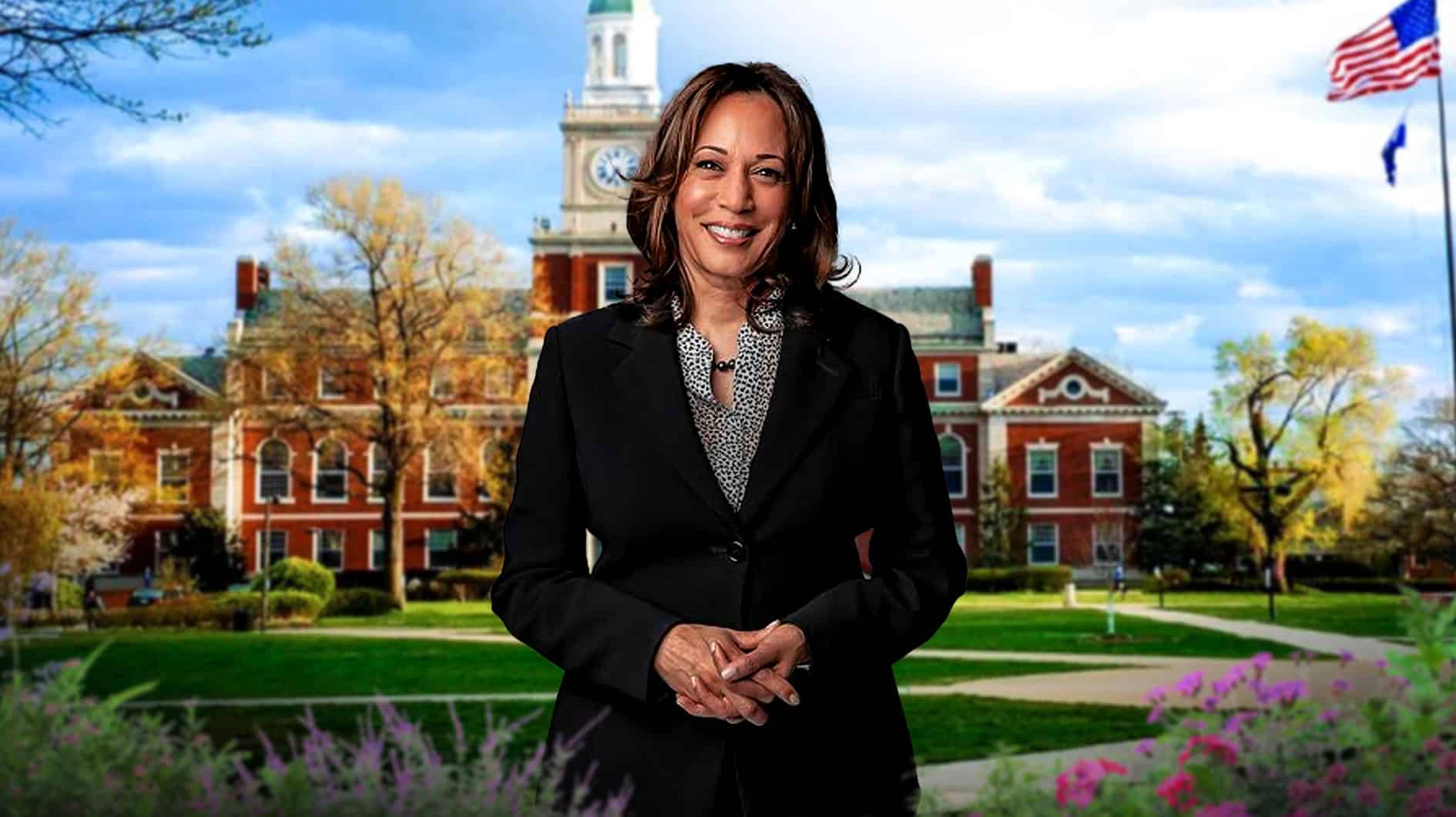As we continue to move toward a technology-driven society, the use of artificial intelligence technology (AI) continues to rise. A recent report titled The Shift Ahead: HBCUs, Artificial Intelligence, and a New Vision for Higher Education shows that AI usage by students, faculty, and administrators at HBCUs has increased dramatically.
The report comes from the United Negro College Fund’s Institute for Capacity Building, Huston-Tillotson University, and Ellucian, the top higher education solutions provider. Amongst displaying that HBCUs are leading in AI engagement, it also highlights AI’s impact on education, concerns about access, and cost and equity. According to a recent article on the Ellucian official website, the report found that “98% of HBCU students, 96% of faculty, and 81% of administrators have used AI tools, and usage is expected to rise across nearly every category over the next two years.” Both students and faculty are finding new ways to incorporate AI into their academic lives, according to the report.
While the reports highlight the positive impacts of AI in the HBCU space, they also highlight the concerns, especially when it comes to students. Things like data privacy and cost, access to reliable technology, and the institutional readiness gap are some of the concerns highlighted by the report. Many HBCUs are not fully equipped and trained with AI technology, according to faculty and administrators.
“This report makes clear that HBCUs are helping to shape and lead the AI revolution,” said Laura Ipsen, President and CEO, Ellucian. “From enthusiastic student adoption to faculty leadership on ethics and access, HBCUs are demonstrating how innovation thrives when it is driven by purpose and guided by the communities it serves. We are honored to partner with HTU and UNCF to amplify their vision and share their insights.”
Here are some other key points highlighted in the report:
- 84% say AI improves the quality of their schoolwork, 87% are optimistic about AI’s impact on learning, and 82% expect to use it in their careers.
- 1 in 5 students cited cost and lack of reliable internet as key barriers to usage.
- 60% want formal coursework on AI; over 40% seek certifications and advanced tools.
- Over 90% of faculty identified student use of AI for career planning as likely to grow over the next two years; over 80% foresee increased use of AI by faculty and administrators to align curricula with workforce needs over that same time period.
- HBCUs are already embedding AI into curricula and exploring industry partnerships to equip students with job-ready skills.
- Less than half of faculty and administrators say their institution has formally implemented AI tools.
- 23% of faculty and 33% of administrators are unsure whether their institution is using AI at all.
- 80% of faculty and 87% of administrators say they need role-specific training to use AI effectively and ethically.
Huston-Tillotson President and CEO Dr. Melva Wallace speaks on the importance of the role HBCUs play in leading AI engagement.
“This partnership ensures that HBCUs are not just adapting and using AI but are also helping to shape its future—how it will be used, why it will be used, and who it will serve. As HBCU leaders, it is our responsibility to make sure that our students have access to cutting-edge tools that will help them understand and successfully employ AI in their everyday lives.”





